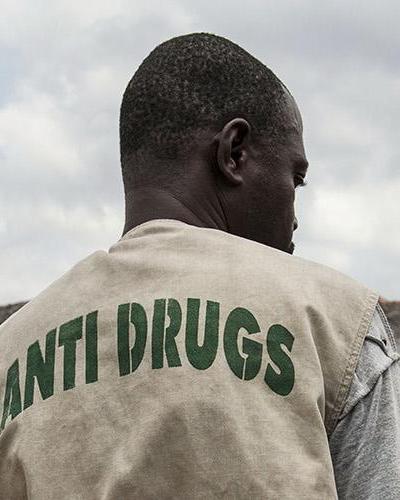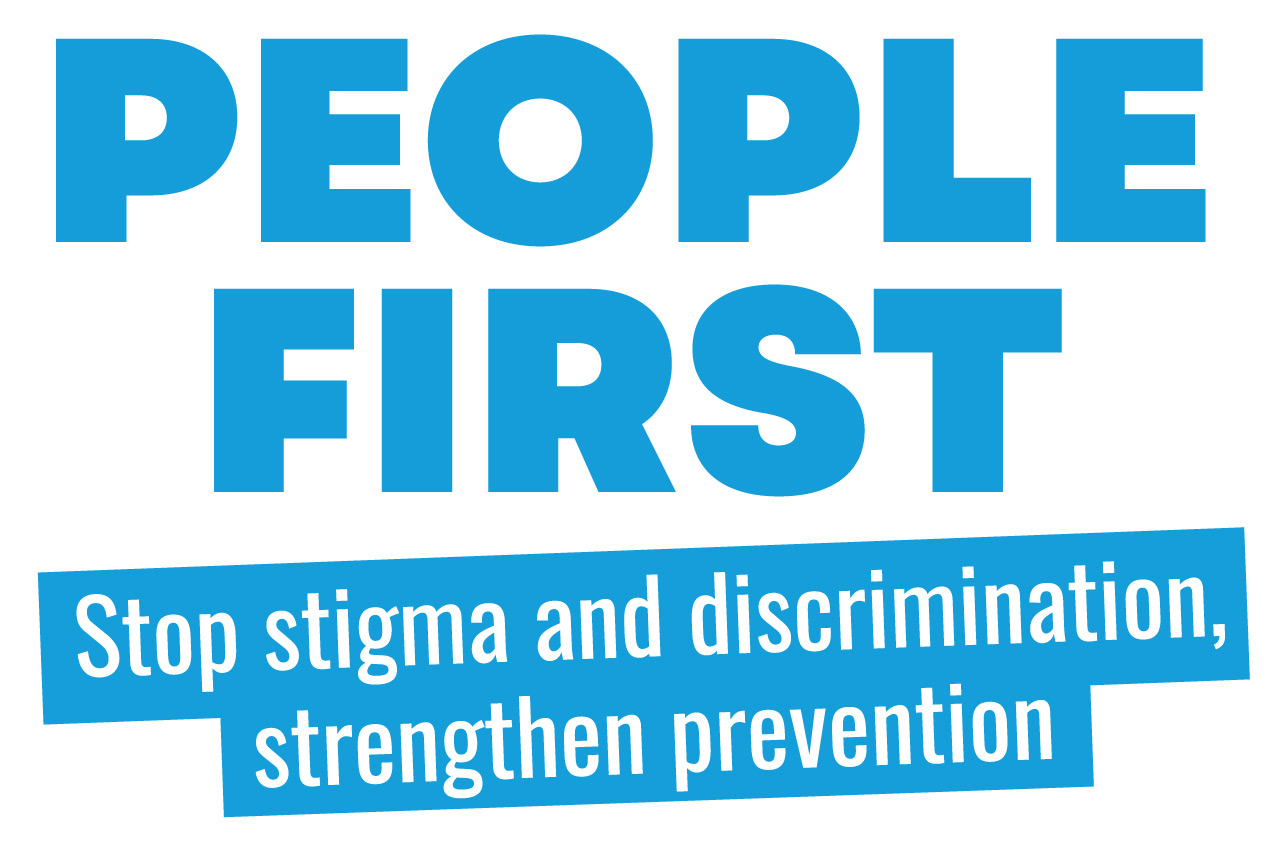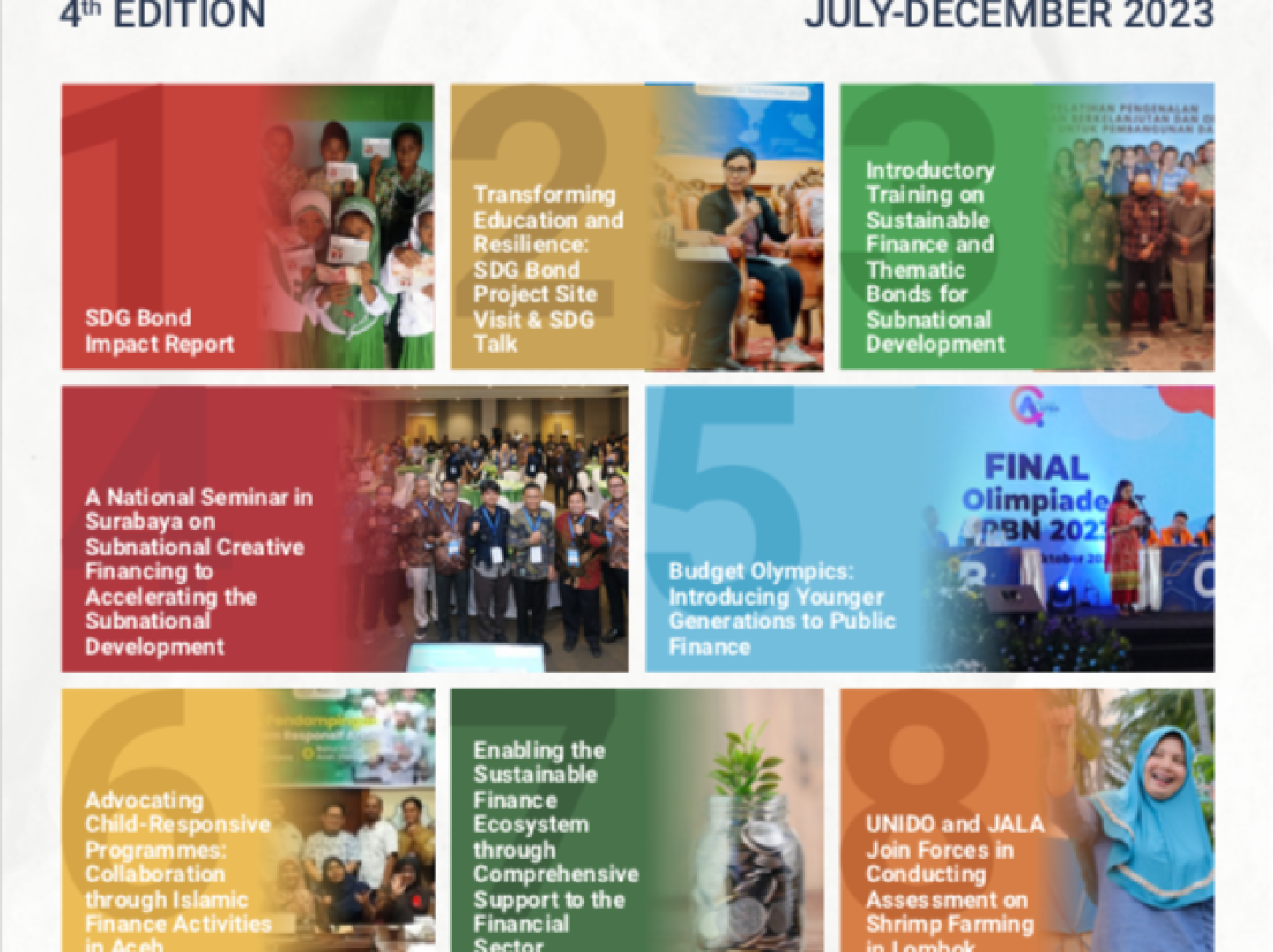International Day Against Drug Abuse and Illicit Trafficking - 26 June

By resolution 42/112 of 7 December 1987, the General Assembly decided to observe 26 June as the International Day against Drug Abuse and Illicit Trafficking as an expression of its determination to strengthen action and cooperation to achieve the goal of an international society free of drug abuse.
Supported each year by individuals, communities, and various organizations all over the world, this global observance aims to raise awareness of the major problem that illicit drugs represent to society.
People first: stop stigma and discrimination, strengthen prevention
The world drug problem is a complex issue that affects millions of people worldwide. Many people who use drugs face stigma and discrimination, which can further harm their physical and mental health and prevent them from accessing the help they need. The United Nations Office on Drugs and Crime (UNODC) recognizes the importance of taking a people-centered approach to drug policies, with a focus on human rights, compassion, and evidence-based practices.
The International Day against Drug Abuse and Illicit Trafficking, or World Drug Day, is marked on 26 June every year to strengthen action and cooperation in achieving a world free of drug abuse. The aim of this year’s campaign is to raise awareness about the importance of treating people who use drugs with respect and empathy; providing evidence-based, voluntary services for all; offering alternatives to punishment; prioritizing prevention; and leading with compassion. The campaign also aims to combat stigma and discrimination against people who use drugs by promoting language and attitudes that are respectful and non-judgmental.

World Drug Report
Every year, UNODC issues the World Drug Report, full of key statistics and factual data obtained through official sources, a science-based approach and research. UNODC continues to provide facts and practical solutions to address the current world drug problem and remains committed to attaining health for all. Health and justice sectors are under pressure and access to services and support is obstructed when we can least afford it.
This part of the article has been published in the United Nations' site in this link: https://www.un.org/en/observances/end-drug-abuse-day.
Indonesia: Counter transnational organized crime and illicit trafficking
The Government of Indonesia has proactively sought to improve its ability to combat the threats to development of transnational organized crime (TOC) and illicit trafficking. It has signed and ratified many of the critical international legal instruments. The Government has steadily increased the capacity of its institutional actors and agencies, including the training of special units to combat transnational organized crime (TOC) and trafficking, and has successfully prosecuted and convicted individuals for such offences.
Despite this progress, serious TOC and illicit trafficking threats continue to confront the country. The capacity of institutions and officials to deal with the threats of TOC seems to be insufficient. Indonesia's geographic makeup, with its 56,716 kilometres of coastline and numerous islands spread across three time zones, Indonesia has vast numbers of remote and difficult to control areas that can be easily used as entry and exit points by traffickers and smugglers. Indonesia's law enforcement authorities and Navy are required to protect and monitor extremely large areas. Yet, these agencies often lack the training to assert full control over the maritime boundary.
Indonesia's border weaknesses exacerbate the country's vulnerability to trafficking in persons (TIP), drugs and natural resources, as well as smuggling of migrants (SOM). Indonesia is a major source country for TIP. Most victims are primarily trafficked for forced labour and debt bondage in other Asian and Middle East countries. Women and girls are trafficked for forced labour and sexual slavery and prostitution, both internally and regionally. Indonesia is also a major zone for SOM, often en route to Australia. Criminal groups are in many cases simultaneously involved in multiple illicit activities, including TIP, SOM and drug trafficking.
Cannabis cultivation and abuse is increasing, with Indonesian agencies seizing 82% of the total cannabis seizures in Southeast Asia in 2009. While cannabis continues to be the most prevalently used drug, the use of amphetamine type stimulants (ATS) is growing rapidly. There has been a five-fold increase in undefined ATS production facilities busted over the last four years and a three-fold increase in methamphetamine related arrests in 2009 compared to 2006. Indonesia was formally a transit country for drugs, with much of its supply coming from Europe and other parts of Asia.
During the last five years, the domestic manufacture of ATS has increased to meet the growing demand for crystalline methamphetamine and ecstasy (MDMA). Locally produced ATS is also trafficked internationally, at a rate that prompts concerns that Indonesia will soon rival Europe as a provider for the world's MDMA demand. Increased injecting abuse of methamphetamine in Indonesia has also been reported. These trends continue to raise concerns for the health of the Indonesian population because injecting drug users are primarily driving the country's HIV endemic.
Trafficking in illegal forestry products, and in particular illegal logging, is a major challenge. Indonesia is home to extensive tropical rainforests and diverse flora and fauna. Indonesia's forests are disappearing at the highest rate in the world. The UN has estimated that 1.37 million hectares of forest were lost annually between 1990 and 2005 in Indonesia as a direct result of legal and illegal logging, forest conversion to agriculture and industrial crops, mining, forest fires and road construction. These losses are due primarily to ineffective management and law enforcement.
This illegal logging and forest conversion has also made Indonesia the world's third largest emitter of carbon. Indonesia's "undocumented" forestry output results in an economic loss to the Indonesian people of around US $3 billion per year. Rural communities rely on natural resources - such as timber, wildlife and non-timber forest products - for their livelihood more than urban communities. The depletion of such resources caused by illegal activities perpetuates a poverty trap and it exposes the rural communities to the lure of quick monetary returns by joining criminal groups that exploit forest products.
Transnational organized crime groups hold a firm grip over Indonesia's manufacture and trafficking activities in the drug trade. West African criminal groups have operated within Indonesia, frequently using Cambodia as a hub for their financial and distribution activities. Drugs sourced from outside Indonesia are normally sourced from Europe, India and Iran, and then are shipped via Cambodia, Thailand and Malaysia before arriving on Indonesian soil. The role of Chinese and Iranian organized crime groups is also present in Indonesia's drug industry.
This part of the article has been published in the United Nations' site in this link: https://www.unodc.org/indonesia/en/issues/counter-transnational-organized-crime-and-illicit-trafficking.html.







